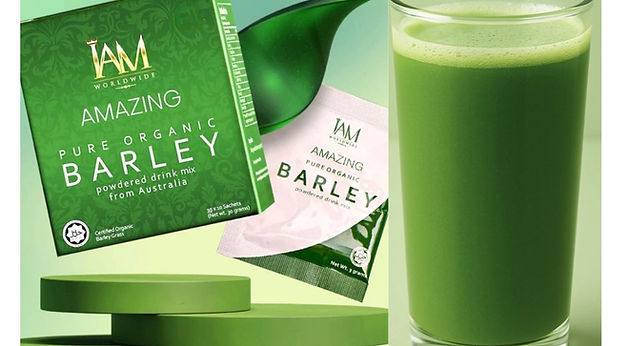Practical Lifestyle Changes To Support Heart Health - Managing High Blood Pressure
- Aileen Fernando
- Jun 17, 2025
- 3 min read
Maintaining a healthy range of blood pressure is critically important for heart health because it directly impacts the workload and condition of your heart and blood vessels. when blood pressure remains within the recommended range-typically defined as below 120/80 mm Hg for most adults-your heart does not have to work harder than necessary to pump blood throughout your body.

Maintaining heart health is essential for overall well-being, especially when it comes to managing high blood pressure. Adopting practical lifestyle changes can significantly reduce your risk of cardiovascular disease and help keep your blood pressure within a healthy range.
Eat a Heart-Healthy Diet
Focus on Fruits and Vegetables: Aim for at least 5 servings daily. These foods are rich in potassium, which helps balance sodium and lower blood pressure.
Choose Whole Grains: Foods like oats, barley, and brown rice provide fiber that supports heart health and helps with managing high blood pressure.
Limit Sodium Intake: Reduce salt by cooking at home, reading labels, and avoiding processed foods. The American Heart Association recommends less than 2,300 mg of sodium per day, ideally moving toward 1,500 mg.
Include Healthy Fats: Opt for sources like olive oil, nuts, seeds, and avocados. Avoid trans fats and limit saturated fats.
Maintain a Healthy Weight
Weight Loss Benefits: Even modest weight loss (5-10% of body weight can significantly lower blood pressure and reduce strain on the heart.
Monitor Your Waistline: Abdominal fat increases the risk of hypertention and heart disease; keeping your waist circumference in check is key for managing high blood pressure.
Be Physically Active
Aim for Regular Exercise: At least 150 minutes of moderate-intensity aerobic activity (like brisk walking, cycling, or swimming) per week is recommended.
Incorporate Strength Training: Two or more days per week of muscle-strengthening activities further support heart health and blood pressure control.
Limit Alcohol Consumption
Drink in Moderation: Excessive alcohol raises blood pressure. Limit intake to no more than one drink per day for women and two for men.
Quit Smoking
Immediate Benefits: Stopping smoking removes heart health and lowers blood pressure almost immediately, while also reducing the risk of heart attack and stroke.
Manage Stress Effectively
Practice Stress-Reduction Techniques: Try deep breathing, meditation, yoga, or mindfulness to lower stress, which can help in managing high blood pressure.
Prioritize Rest and Sleep: Aim for 7-8 hours of quality sleep per night, as poor sleep is linked to higher blood pressure.
Monitor Blood Pressure at Home
Track Progress: Regular home monitoring helps you and your healthcare provider assess how well your lifestyle changes are working.
Limit Caffeine and Sugar
watch Caffeine Intake: Some people are sensitive to caffeine, which cansue short-term spikes in blood pressure.
Reduce Added Sugars: High sugar intake is associated with increased risk of hypertension and heart disease.
Focusing on these practical lifestyle changes, you can effectively support your heart health and make significant progress in managing high blood pressure. Consistency is key-small, daily choices add up to lasting benefits for your cardiovascular system.
Amazing Pure Organic Barley can help support heart health through several mechanisms backed by scientific evidence.
Key Ways Barley Supports Heart Health:
Lowers Cholesterol: Barley is rich in soluble fiber, particularly beta-glucan, which has been shown to reduce total and "bad" LDL cholesterol levels-a major risk factor for heart disease. Regular consumption of barley can improve cholesterol profiles and help prevent plaque buildup in arteries.
May Reduce Blood Pressure: Some studies indicate that barley's soluble fiber can modestly lower blood pressure, another significant risk factor for heart disease. Compounds such as saponarin, gamma-aminobutyric acid (GABA) , and tryptophan found in barley grass are also linked to reduced blood pressure and enhanced heart health.
Antioxidant Protection: Barley contains antioxidants like lignans and flavonoids, which help reduce oxidative stress and inflammation, both of which are associated with a lower risk of heart disease.
Supports Weight Management: Barley's fiber and low glycemic index help regulate blood sugar and insulin levels, reducing the risk of diabetes, a condition closely linked to heart disease.
REF.:






Comments